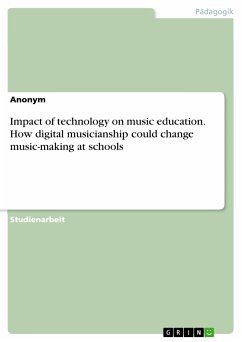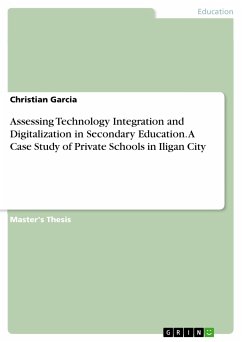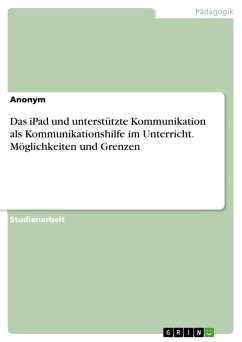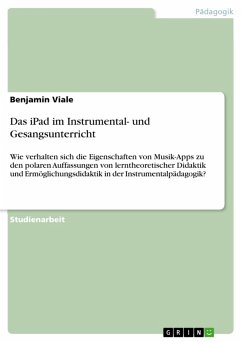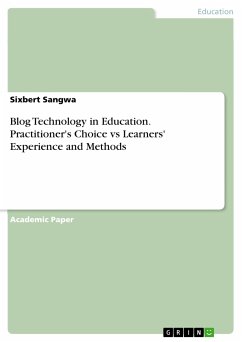Studienarbeit aus dem Jahr 2015 im Fachbereich Pädagogik - Schulwesen, Bildungs- u. Schulpolitik, Note: 1,0, , Sprache: Deutsch, Abstract: Adorno claims that the invention of the record disc alienates the nature of music from human ontology. According to him, human life and music can not exist apart from time and space. However, globalization, web 2.0 or social networking has shown, that human social life is increasingly involved in international interaction. Even students' life has changed. The JIM study found out that 92% of German students (between the ages of 14 and 19) own their own smartphone(s). Due to that fact, students are able to share information with friends and consume media wherever and whenever they want. Moreover, students transform everyday life contents (in form of pictures, videos, recordings) into narratives, by publishing and interpreting personal information on social networks. In comparison to that, turntablists transform musical contents (in form of records) into narratives, by interpreting and manipulating existing records. Consequently, media–technology has turned from a reproductive tool into a productive one. The technology-based formation of content became part of every students' social life and determines the way we listen, perform or compose music. Why did it not become part of German music classes? This paper aims to determine the impact of technological progress on music education. The purpose of the study is to outline how music education could adopt music culture, which is increasingly driven by technological change. The following investigation is based on the assumption that new possibilities of technology–related music production can not only be taught theoretically. Consequently it is necessary to probe how technology–based musicianship can be implemented at schools. Unfortunately, the limited access to empirical data (concerning schools' equipment etc.) does not allow to develop concrete teaching concepts. Nevertheless, the developed conceptions may serve as approach that can be shaped according to different education–settings.

